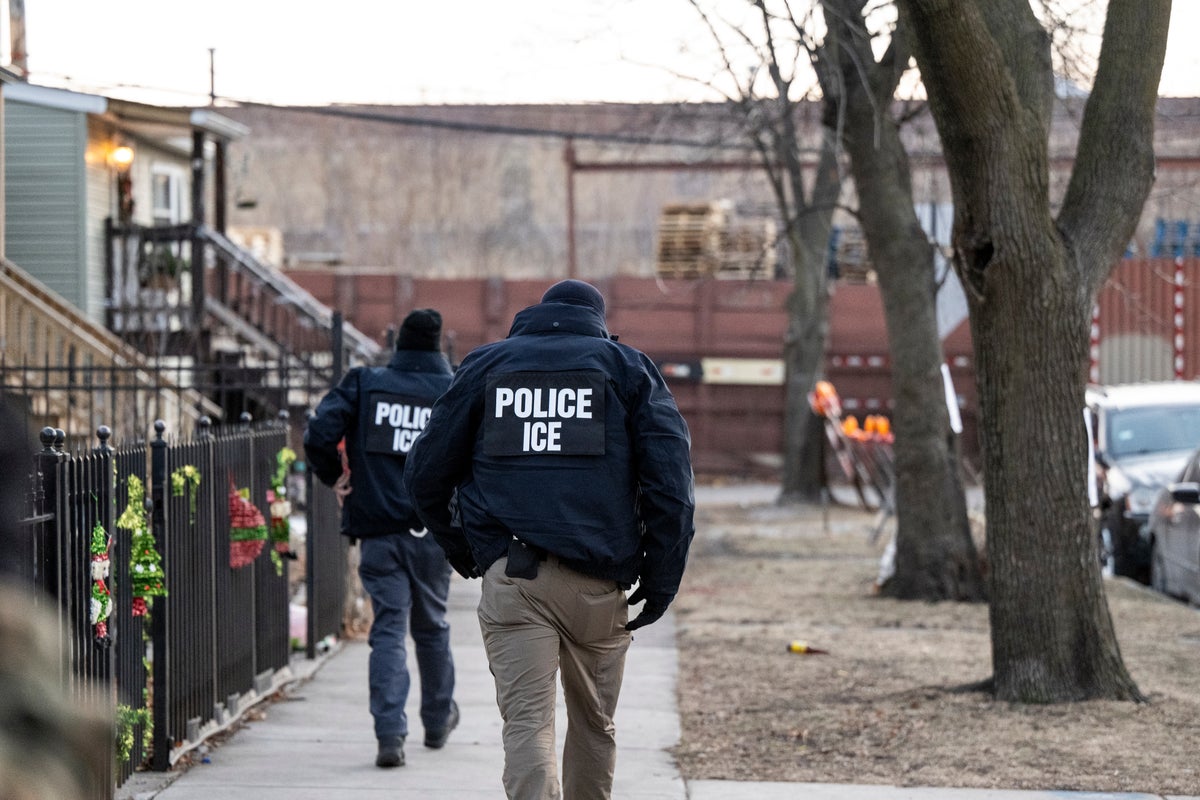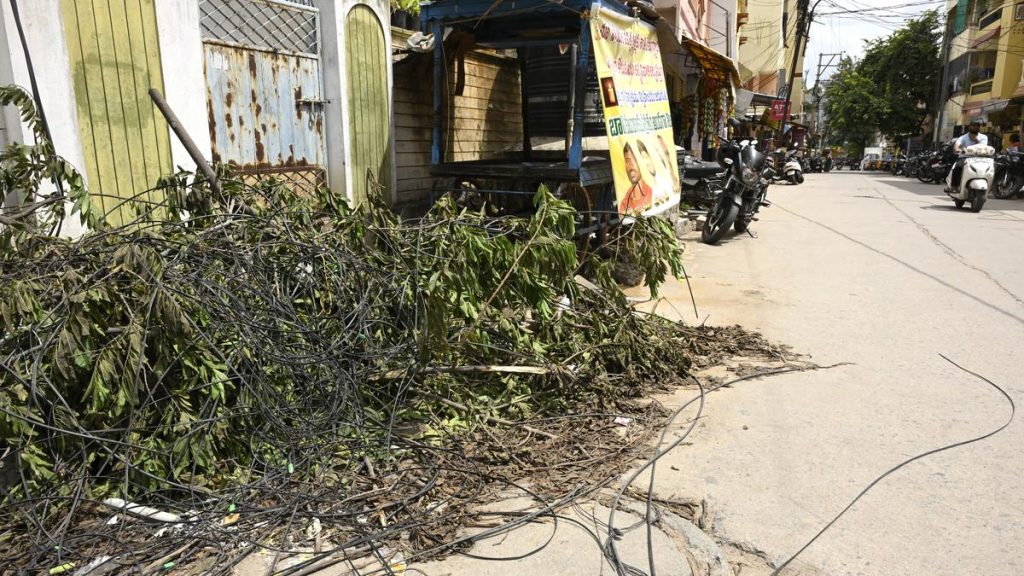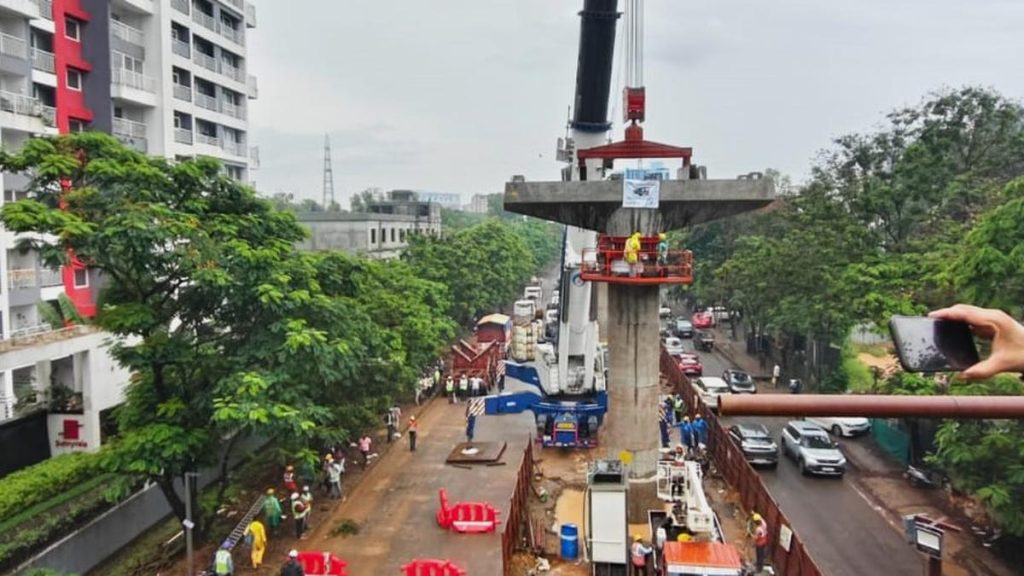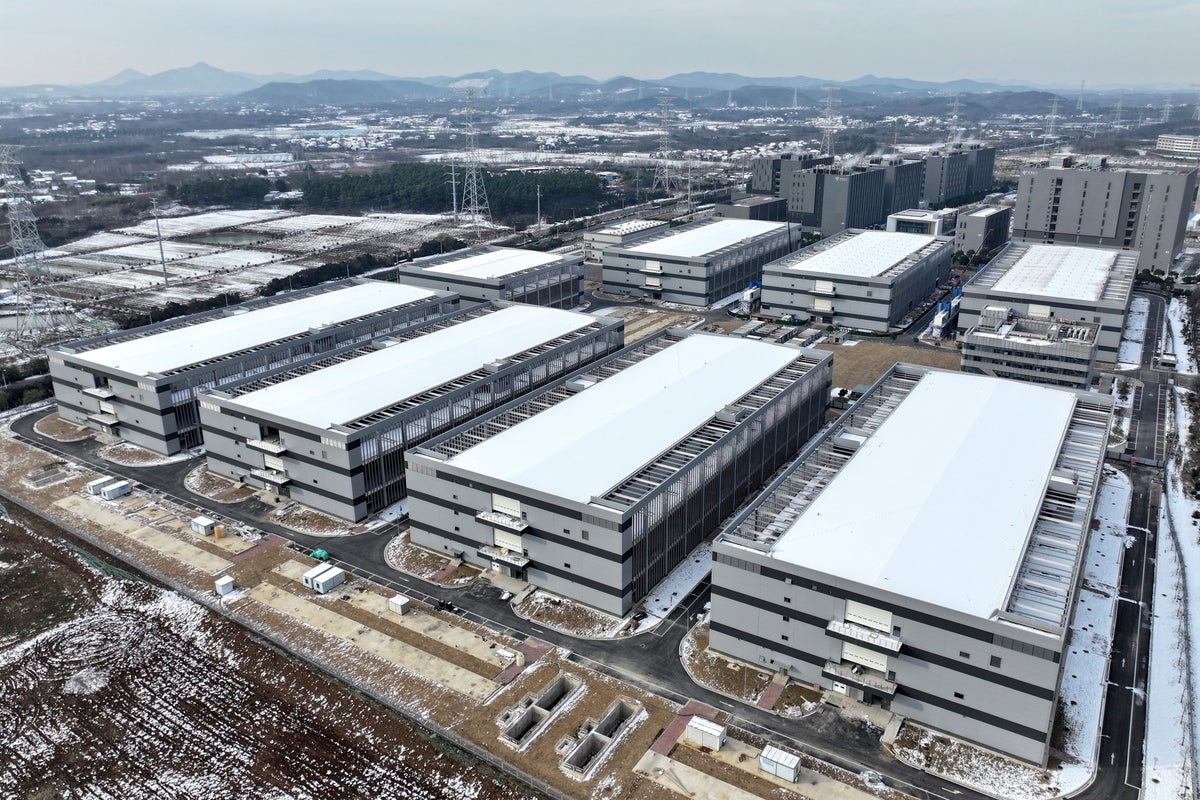Now Reading: Trump’s Immigration Policies Linked to Bird Flu Risk in U.S
-
01
Trump’s Immigration Policies Linked to Bird Flu Risk in U.S
Trump’s Immigration Policies Linked to Bird Flu Risk in U.S

Quick Summary
- Aggressive immigration raids under the Trump administration, such as “Operation Return to Sender,” have led to widespread fear among Latino farmworkers, many of whom are critical in preventing bird flu outbreaks.
- Farmworkers’ fear of deportation or harassment has hindered outreach efforts from public health organizations providing bird flu education, protective equipment, and testing. Outreach workers report meaningful challenges in engaging wiht affected communities.
- Cases of bird flu among dairy and poultry workers-key contributors to essential agricultural output-have decreased on record but may be underreported due to reduced surveillance efforts caused by worker apprehension about accessing healthcare services.
- Bird flu poses a pandemic risk: instances of undetected infections allow the virus potential for mutation. There is concern that crowded living conditions or detention centers could exacerbate virus spread among vulnerable populations.
- Outreach organizations are adapting by integrating immigrant rights discussions alongside public health initiatives as part of their strategy amid heightened fears.
Indian Opinion Analysis
The situation underscores how unintended consequences from immigration enforcement policies can impair critical public health goals. India’s experience with managing pandemics shows that early detection and community cooperation form key aspects of prevention strategies. The barriers faced by U.S.outreach workers in reaching migrant farmworker populations highlight the need for balance between security protocols and humanitarian considerations.
For India, similar vulnerabilities might arise in contexts involving migrant laborers working in agriculture or urban industries during disease outbreaks. Proactive measures such as trust-building campaigns combining healthcare access with legal assurances could possibly minimize reluctance among at-risk groups here too while maintaining effective disease surveillance.
balancing stringent enforcement with community well-being remains a global challenge-a delicate intersection where socio-political decisions directly influence epidemic preparedness outcomes comprehensively.
























